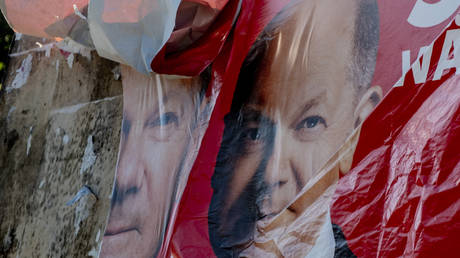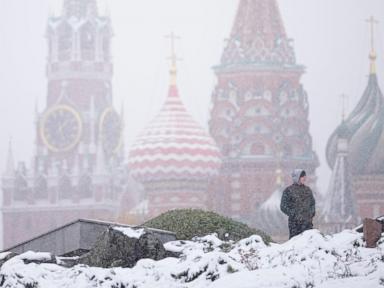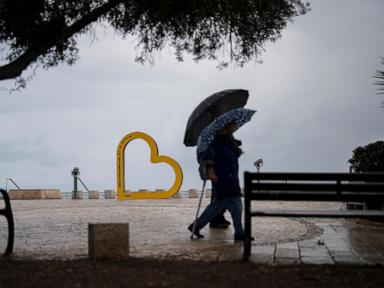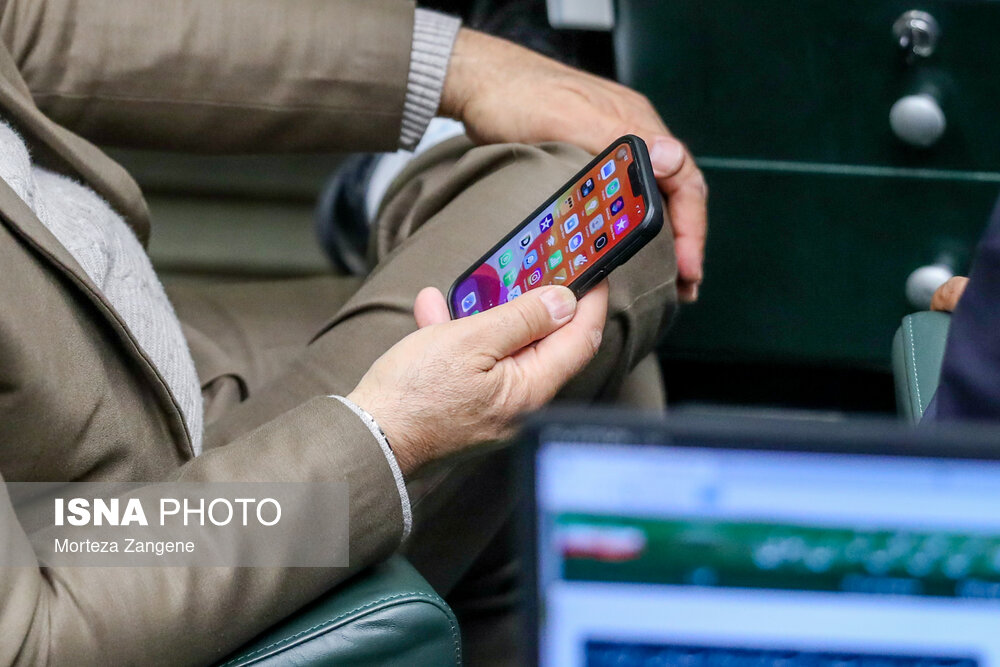ARTICLE AD BOX
Despite disappointing recent election results, the chancellor insists there is no alternative to arming Kiev
Many Germans are not happy with their country’s support for Ukraine in its conflict with Russia, which is causing ratings for the center-left Social Democratic Party (SPD) to plummet in many regions, Chancellor Olaf Scholz has acknowledged.
In an interview with the ARD broadcaster on Sunday, Scholz, whose party recently suffered a major setback in the European parliamentary elections, commented on the fact that the SPD had as little as 7% support in some parts of eastern Germany, which has traditionally been more positively predisposed toward Russia.
“Something is going on there,” the chancellor said, adding that there is “no way around it.”
He acknowledged that the poor support for SPD stemmed, among other things, from the fact that “many people do not agree with the support for Ukraine and the sanctions against Russia. This is also reflected in the election results,” Scholz stated. “There is no alternative to changing that.”
Read more Germany’s Scholz suffers EU election blow
Germany’s Scholz suffers EU election blow
The chancellor also weighed in on the upcoming state votes in Brandenburg, Thuringia, and Saxony. According to polls, the right-wing Alternative for Germany (AfD) party is winning the race, although by a small margin, in each of the regions, which are all located in the eastern or central part of the country.
At the same time, Scholz voiced hope that the election won’t result in an AfD member becoming the head of local government, voicing concern that such a development “would be very depressing.” He suggested that despite the AfD’s growing popularity, other parties would still have a parliamentary majority.
Scholz’s SPD won only 14% of the vote in the European parliamentary election earlier this month, the party’s worst showing in decades. The Christian Social Union (CSU) took first place with 30% of the vote, followed by the AfD with 16%. The electoral map showed a sharp split between voters roughly along the Cold War-era borders between West and East Germany, with the West mostly voting for the CSU and the East for the AfD.
The latter party has consistently opposed weapons deliveries to Ukraine, criticized Western sanctions against Russia as counter to German interests, and called for immediate peace talks. Germany is the largest donor of military aid to Ukraine in Europe, having provided or committed assistance with a value of around €28 billion ($30 billion).
Russia has repeatedly criticized Western arms deliveries to Ukraine, arguing that they only prolong the conflict without changing its outcome.
.png)
 5 months ago
7
5 months ago
7








 English (US)
English (US)